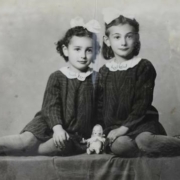Yad Vashem – Not Just a Museum
Hugó Klein and his wife, Matild (née Szabo) lived in the town of Hencida, in the Bihar district of Hungary. The couple had two daughters, Suzan (b. 1935) and Lili (b. 1937). When World War II broke out, Hugó was drafted into a labour battalion and Matild remained in Hencida with the children. Suzan and Lili were able to send postcards to their father, Hugó, while he was interned in a labour battalion near the Austrian border.
In May 1944, the Jews in the Bihar district were moved into a small ghetto in the suburbs of Nagyvárad. After weeks of starvation and suffering, they were deported to Auschwitz-Birkenau. Matild and her girls were amongst the deportees. All three were murdered.
Hugó survived the labour battalions. In 1946, he married Ilona Mezei, a cousin of Matild’s who had survived Auschwitz. In 1947, their son George was born and in 1957, they immigrated to Israel. Ilona Klein and her son George made the decision to donate the postcards that George’s half-sisters had written to their father, along with locks of their hair that had been cut off in their infancy and preserved as mementos. These precious items were all that remained of Suzan and Lili.
Yad Vashem is not just a museum and a place where we go to remember the Holocaust. It is a place where survivors and their descendants, like Hugo Klein, are able to safeguard their precious artefacts and memories. It is a place where those who have no physical remnant on earth can be remembered. It is a place which is at the forefront of academic Holocaust research.
It is also a place where tens of thousands of teachers and students come to its International School of Holocaust Studies to learn about the Holocaust and how to teach it. Each year for the last ten years, 20 teachers and head teachers from Hasmonean High and other Jewish schools in the UK have participated in the week-long seminar at Yad Vashem’s International School of Holocaust Studies, paid for by Yad Vashem UK. Here they spend a week with world renowned lecturers and academics learning Yad Vashem’s philosophy of teaching the Holocaust. We know that our children will be exposed to increasing incidents of Holocaust denial and antisemitism in their daily lives and it is vital that we give them the tools to cope with this.
Helen Kon
Yad Vashem Education Officer
“Dear Daddy – we are well – goodbye” – Suzan and Lili’s Last Postcard


